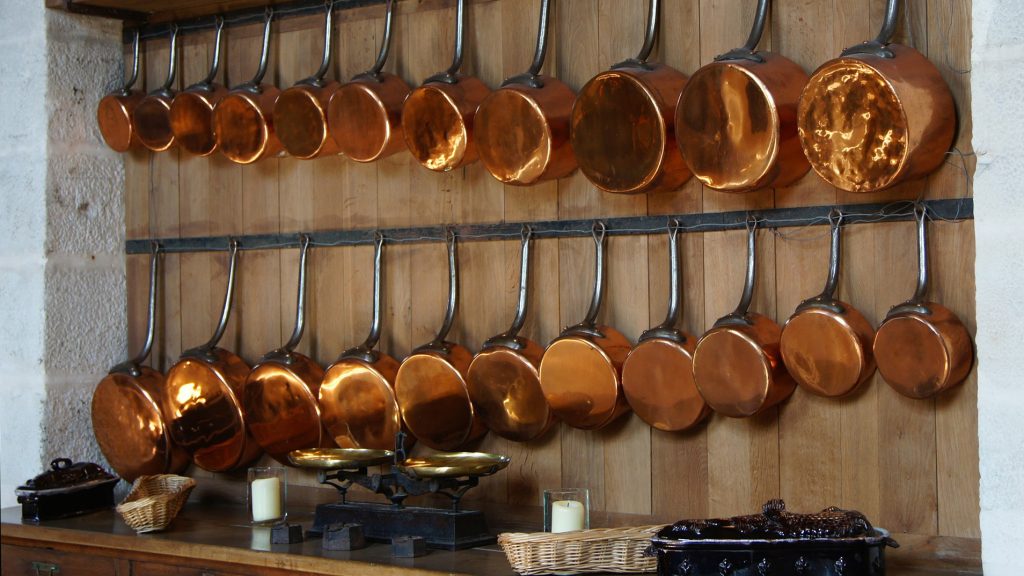The last cake I baked drifted out of the pan as if it were an angel descending, settled on the platter, and promptly split down the middle. The fissure was about the size of the Grand Canyon. Since it was a birthday cake and, thus, not expendable, I made repairs. It takes a lot of frosting to fill the Grand Canyon.

I am used to such misadventures; they do not faze me. My husband says these things would not happen if: 1) I read more in the kitchen (as in Julia Child or Betty Crocker), or 2) I didn’t read as much (as in Hemingway or Steinbeck).
But why should I read cookbooks when I am such a marvelous cook to begin with?
I can boil down sentences until there is only the essence left, the true flavor of the words. They cling delicately to the bone of meaning and taste full and round in the mouth. They form such vivid images you can almost bite into them and feel their juices running down your chin.
A good story takes some preparation. Call it marinating. True, there are a few storytellers, such as Garrison Keillor, who pop out stories like microwave ovens. But I, and probably most other writers, take a while to collect information and ideas. After I gather the ingredients, I throw them into a pan, cover them with sauce from the subconscious, and wait.
Sometimes, I wait for years. Good cooking cannot be rushed.
Even after I have made the story, I must wait, let it simmer, let it age. For a story made today has a different taste tomorrow, and the tomorrow after that. Good writing, work studied and praised and read over and over again, never loses its taste, never goes sour.
Of course, errors do happen. I forget to add a thought. Or I beat an idea instead of folding it in with gentleness and patience. Or I sprinkle in too many adjectives, and the story becomes not only runny but run on.
The best cooks never follow the book as if it were a drill sergeant. They improvise, feeling their way by taste and touch and sound. With practice, you get to know what will work; you have a sense of what the story needs, when it is missing a pinch of this or a dash of that.
And, of course, I have burned things. Everyone does. Cooks on scaffolds building skyscrapers, cooks in operating rooms navigating jungles of tiny veins. Cooks speaking before juries, exploring the ocean deep, patrolling lonely city streets. They make mistakes, but they don’t give up. They go right back and beat that steel beam again, cut out that diseased organ, flambé their opponents’ arguments.
Nothing is more disheartening than to hear someone cry: “I can’t cook.” Nonsense, everyone can cook—maybe it’s just not in the kitchen. We all have our specialties, and none is greater or less than others. We all have some dish inside us with our name on it. Sometimes, we just forget to look for it. We let people sidetrack us. Categorize us. We don’t listen to our hearts.
I say get out your pots and pans and descend into the Grand Canyon. I hear the view is stunning.
_______________________________
My first novel, Maud’s House, is about being an artist and how we all are artists at something.
I write contemporary novels (Up There, Book of Mercy, Maud’s House) and cozy mysteries (Down Dog Diary, Warrior’s Revenge, Crow Calling). And I would read any of them over Betty Crocker.


